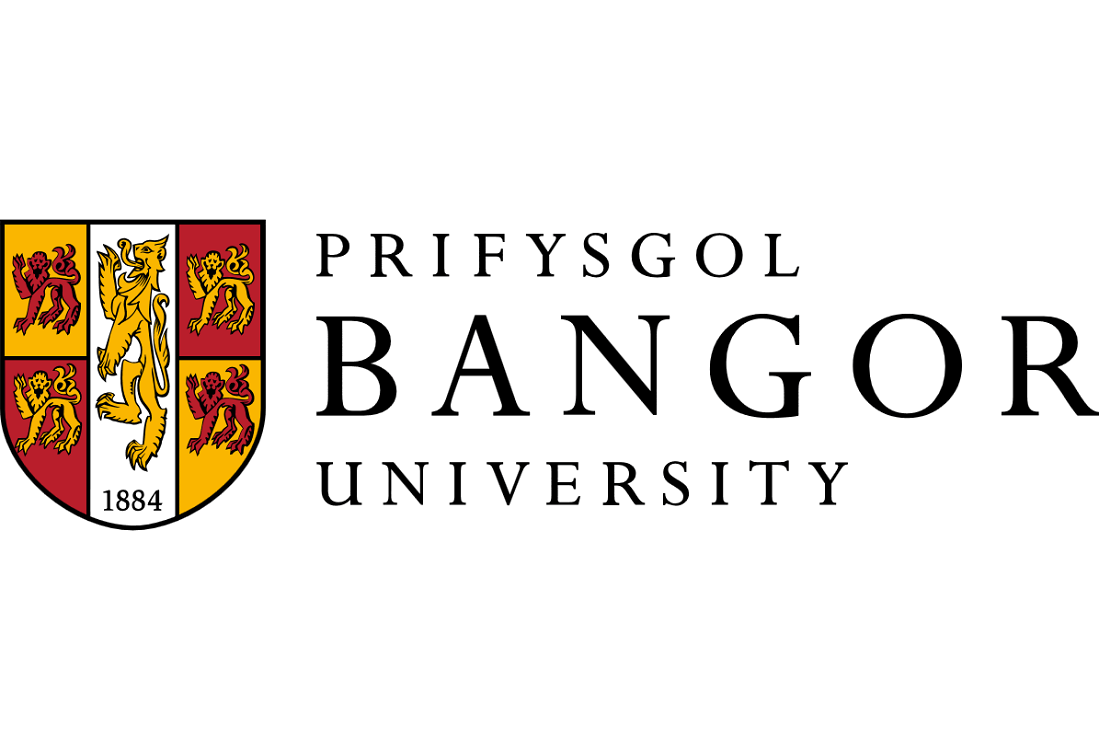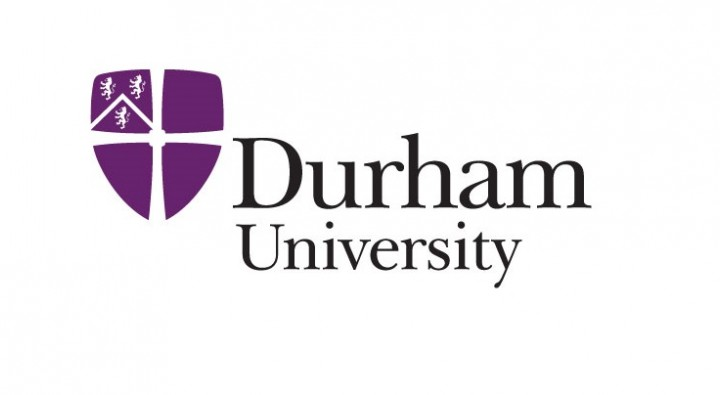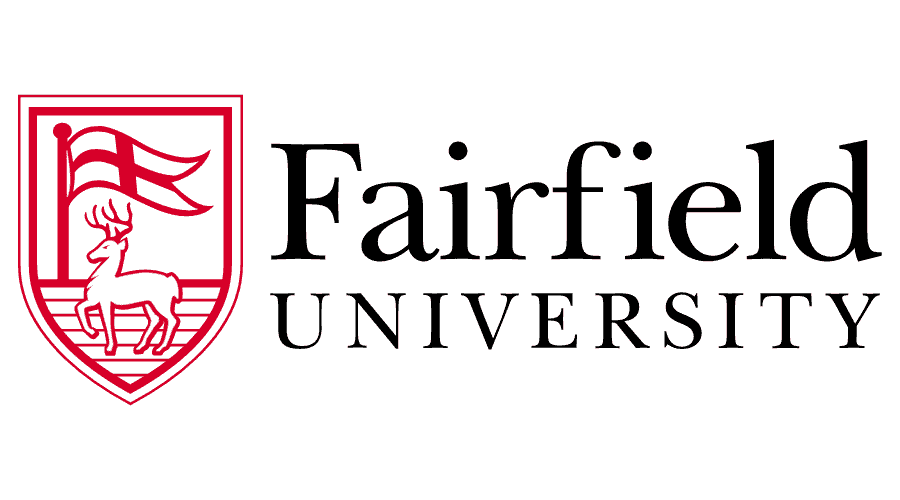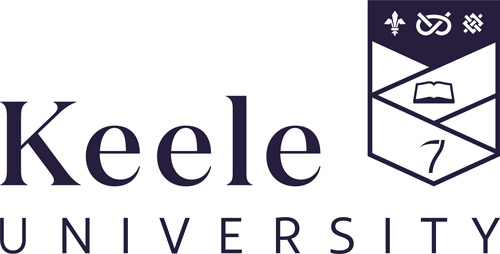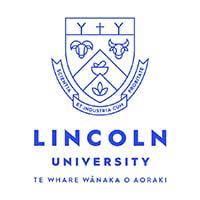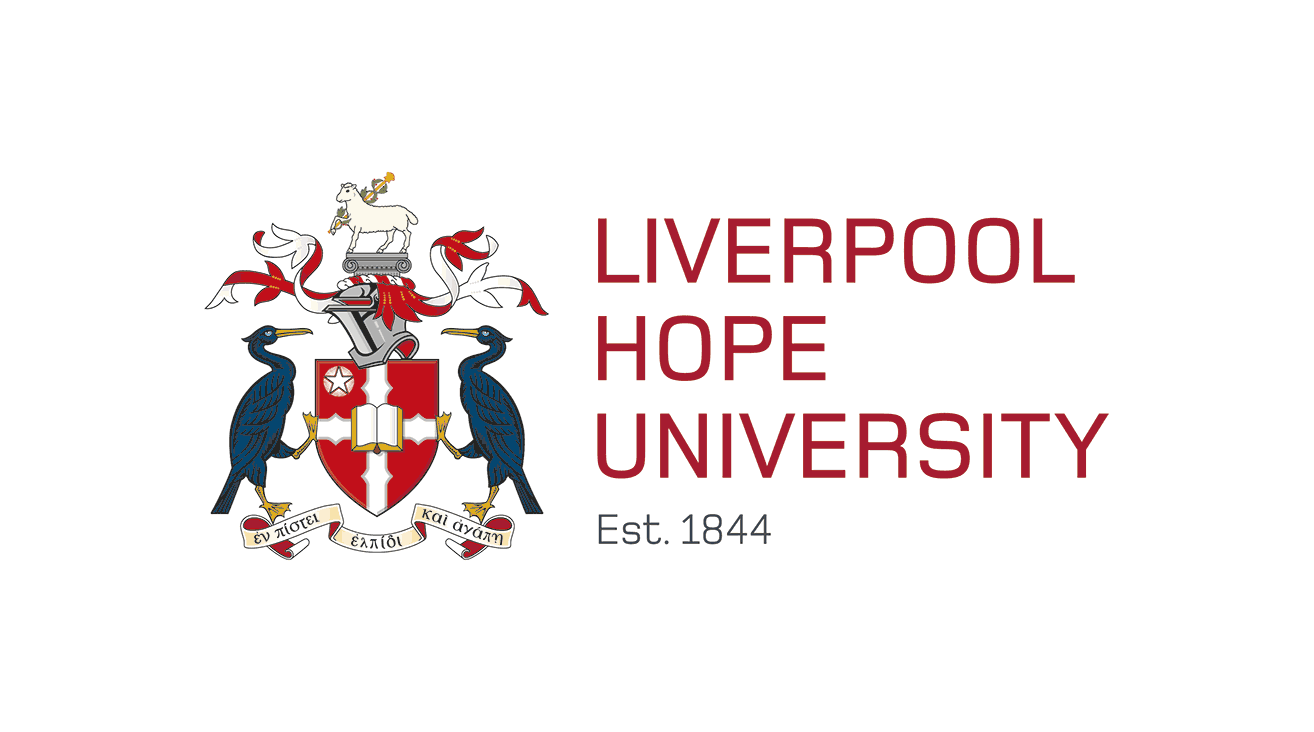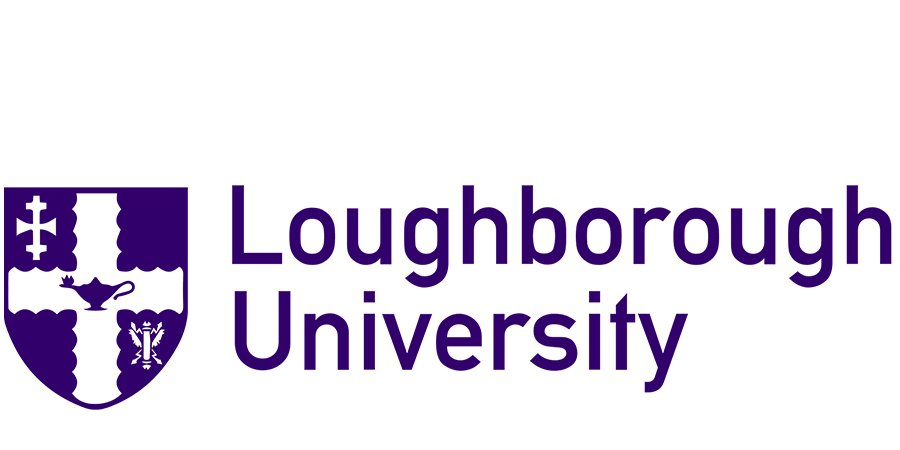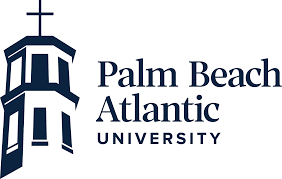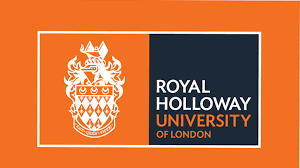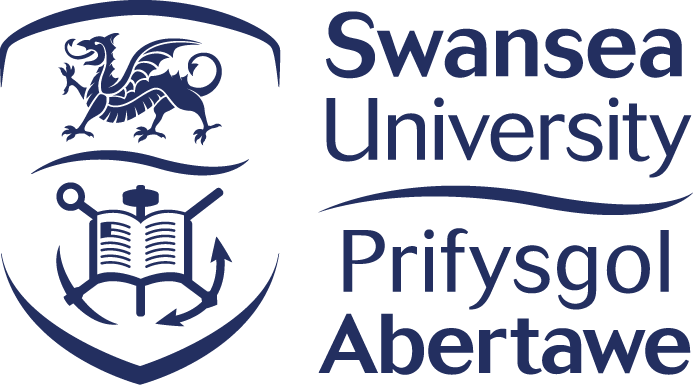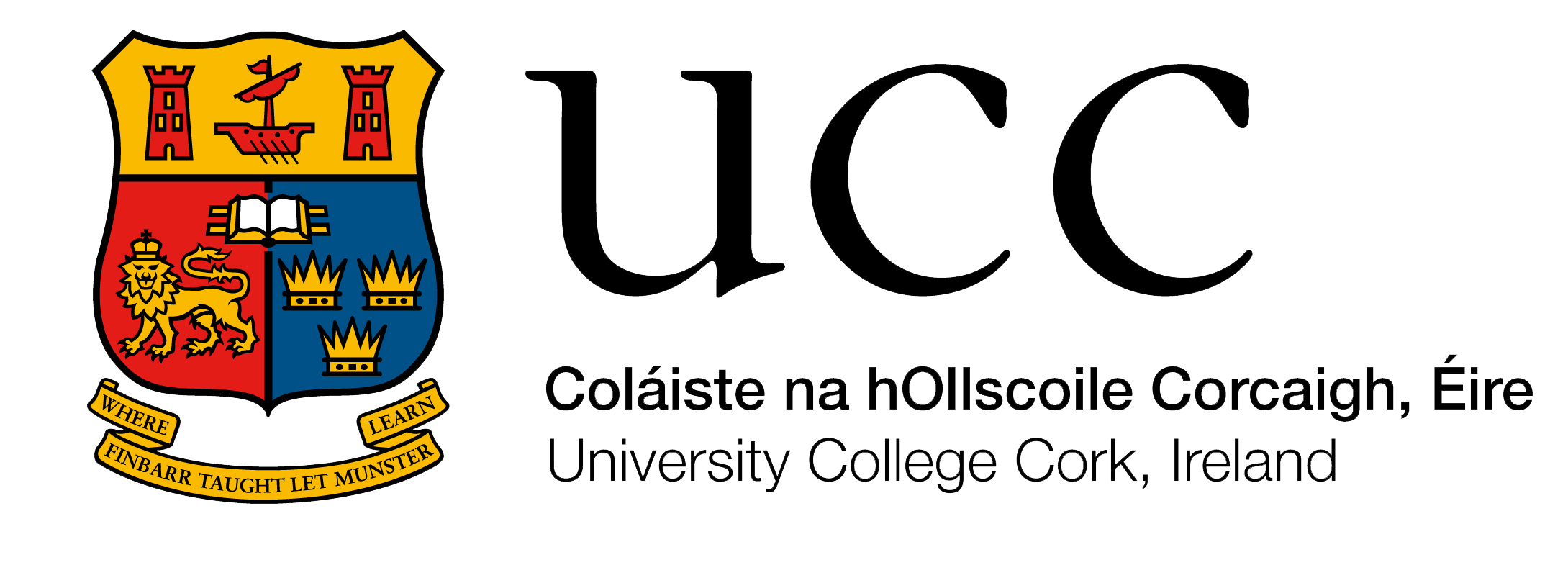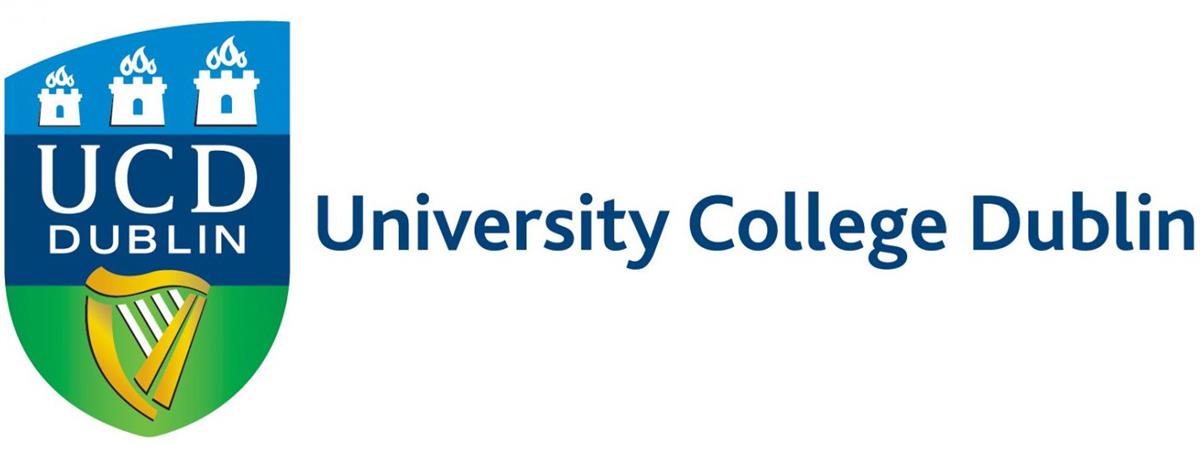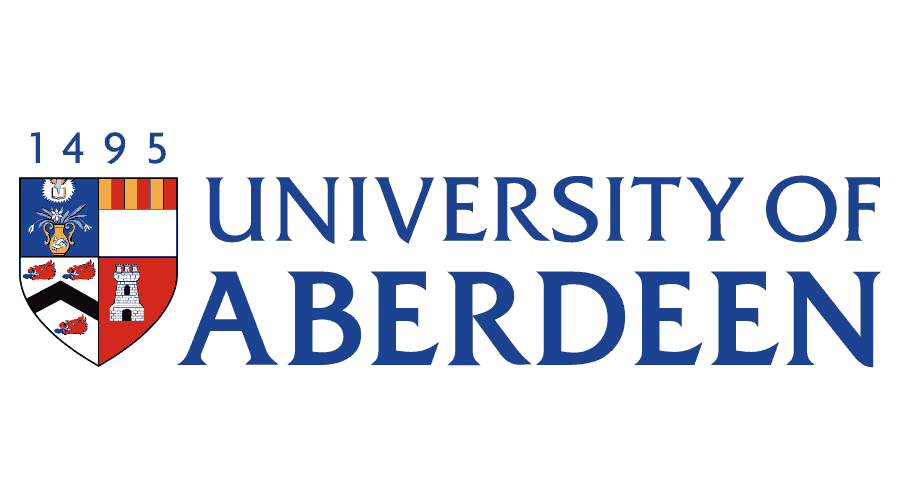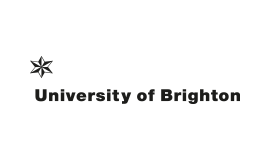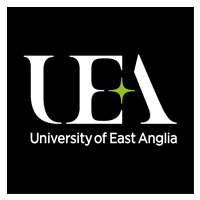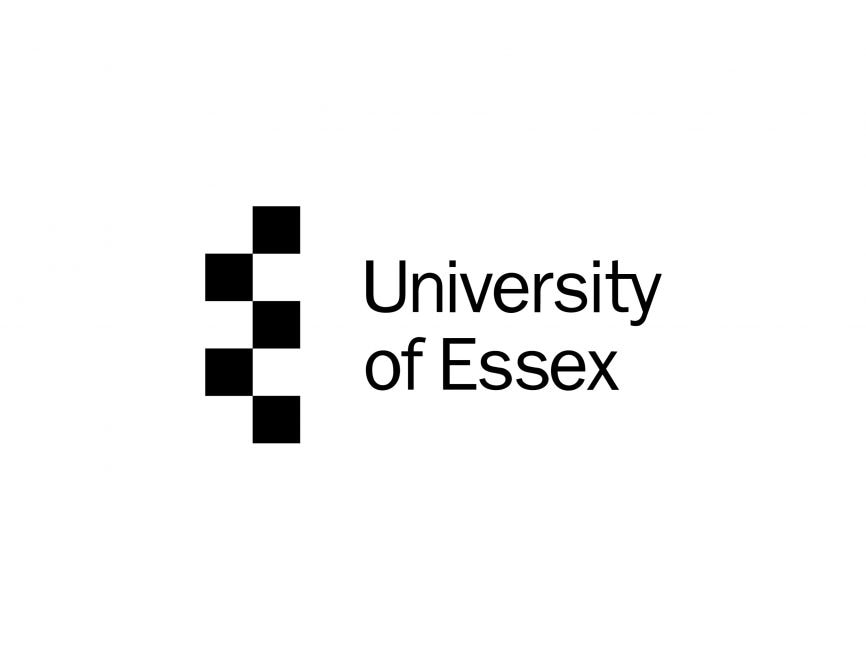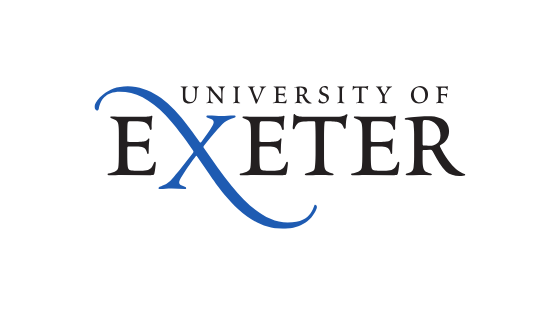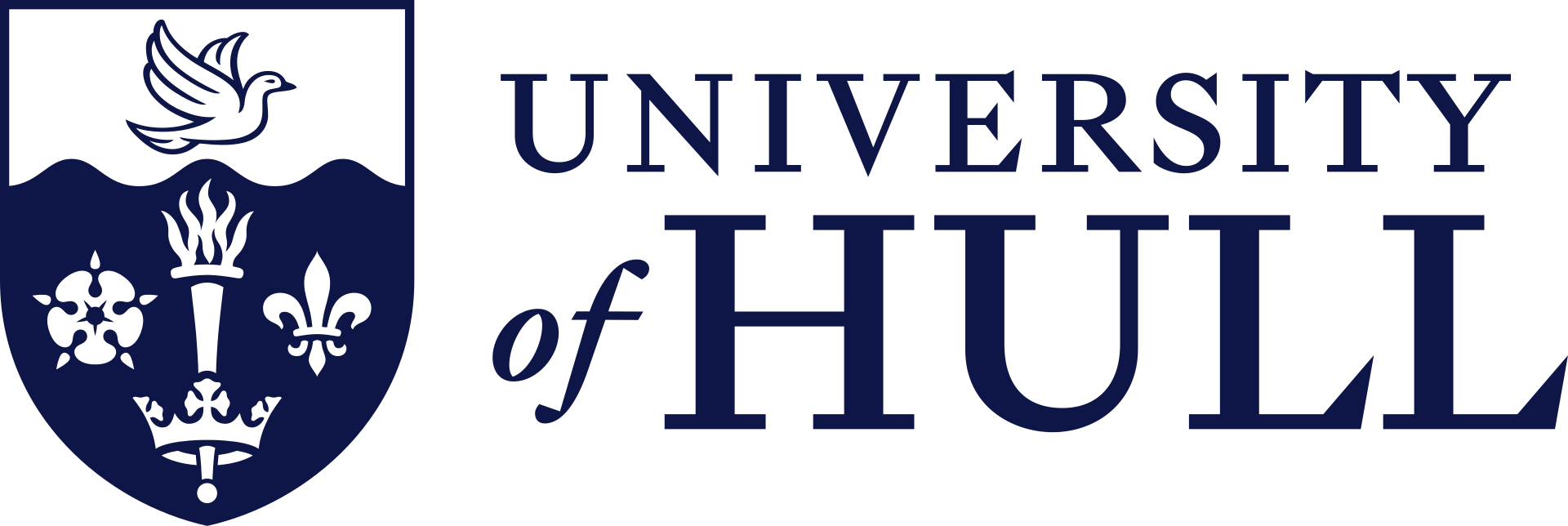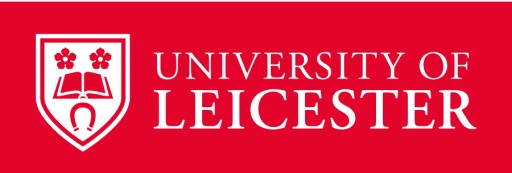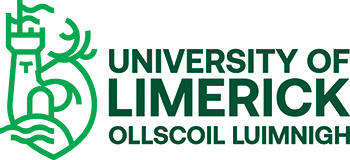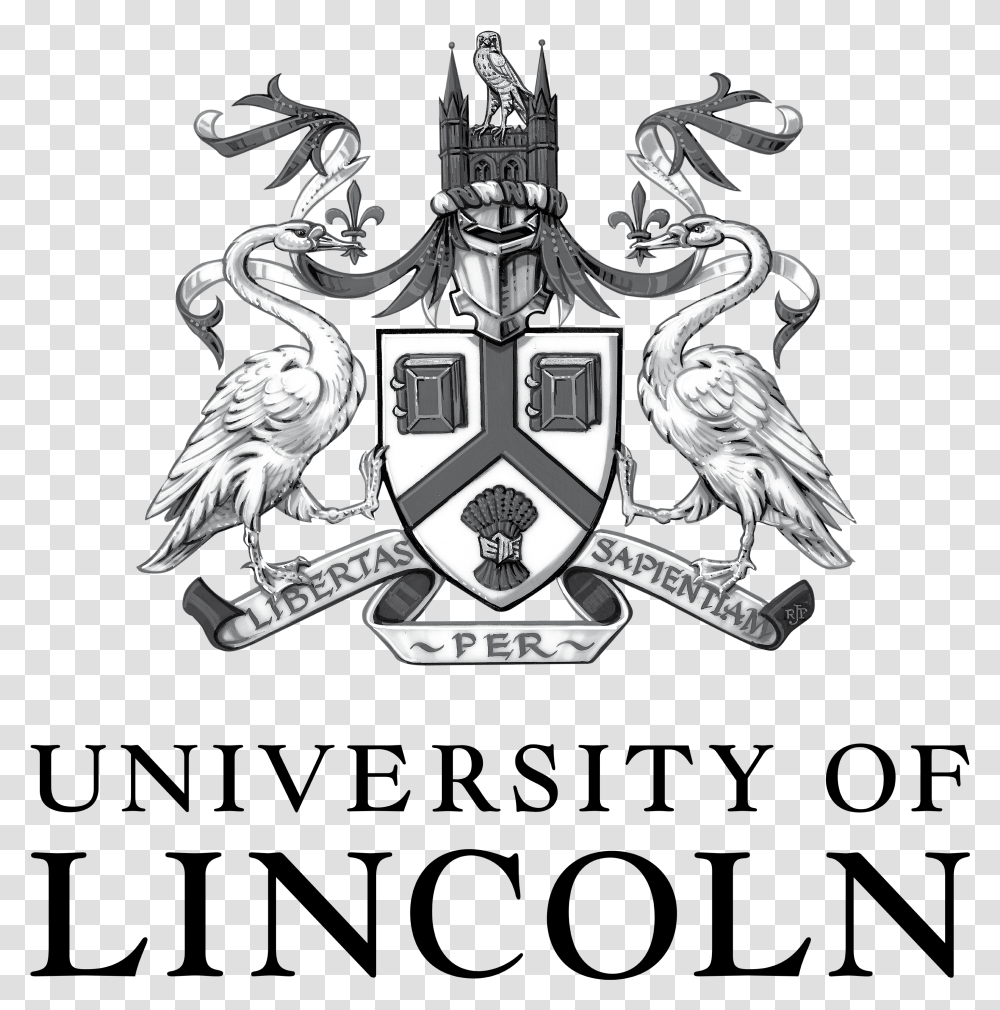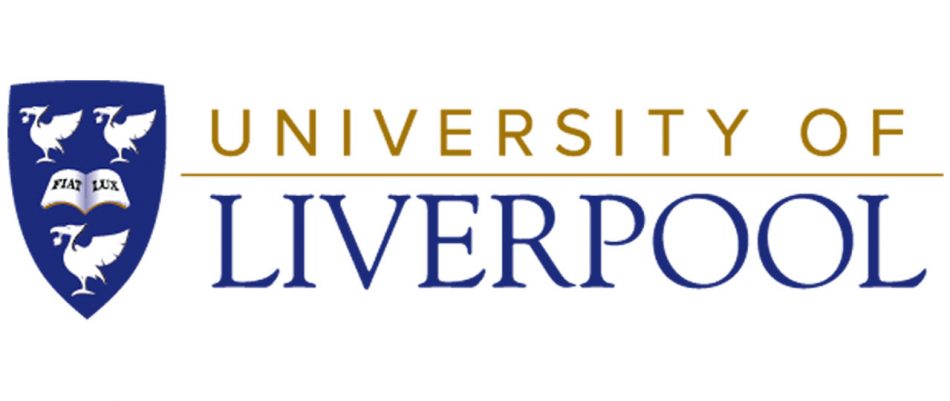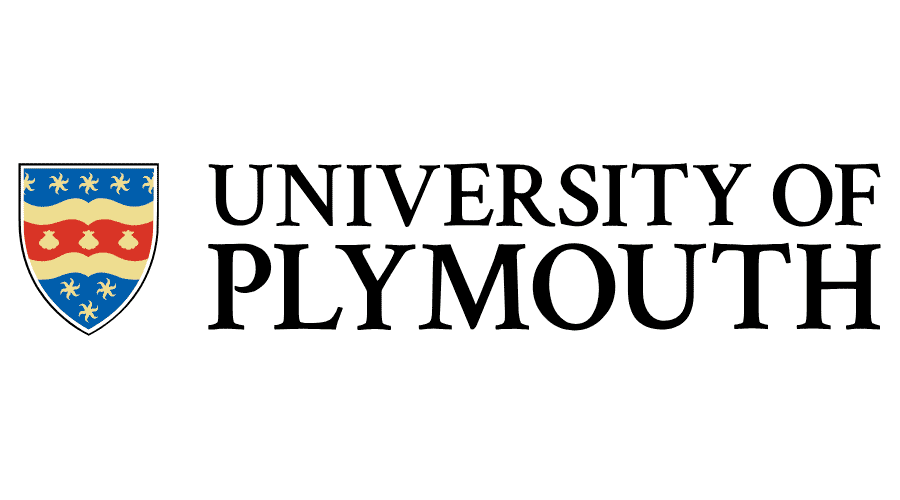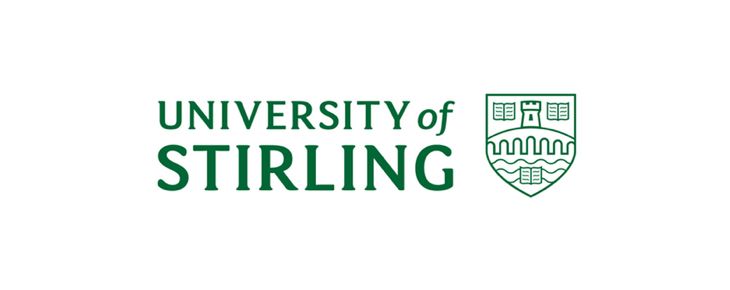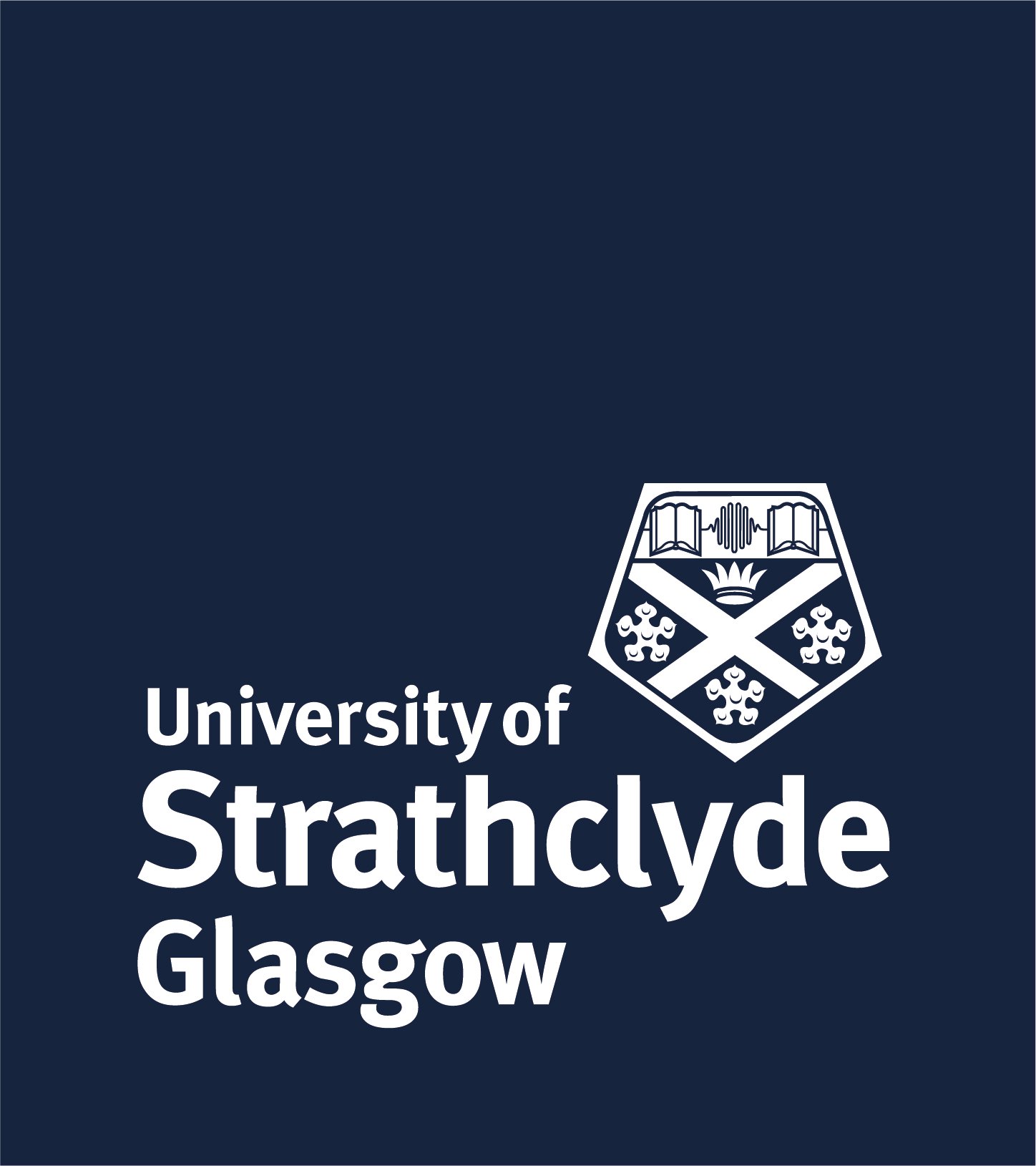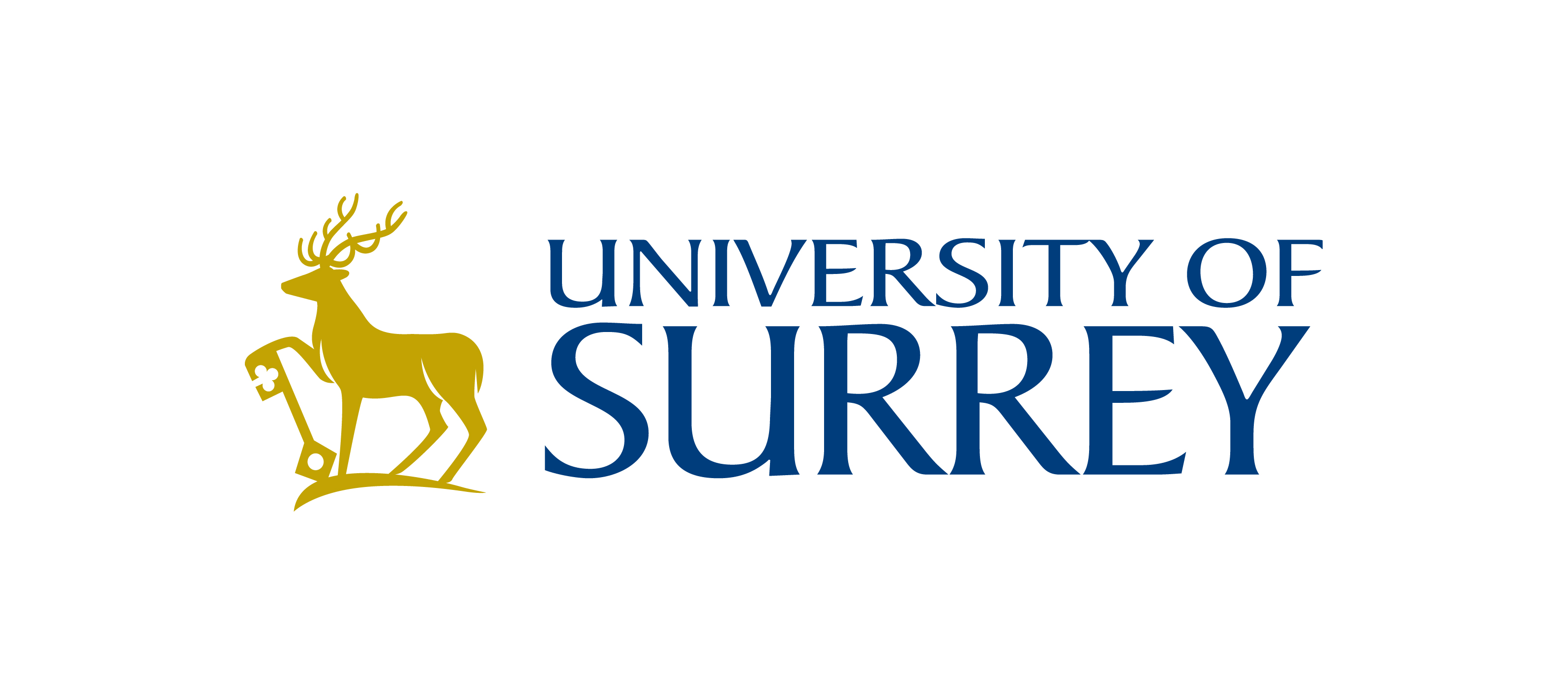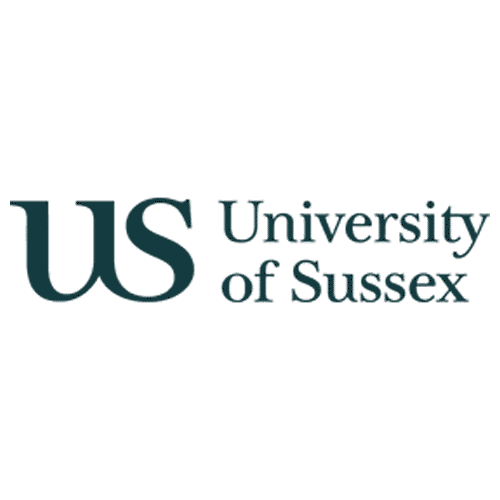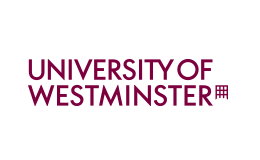Study Politics Abroad: Empower Your Future in Global Governance
Embark on a transformative journey by studying Politics abroad. This dynamic field explores the intricacies of power, governance, international relations, and public policy, equipping you with the skills to shape the world. For Indian students, pursuing Politics overseas opens doors to world-class education, diverse perspectives, and unparalleled career opportunities. Whether you're passionate about diplomacy, human rights, or environmental policy, studying Politics abroad can be a game-changer.
Why Choose Politics as Your Study Abroad Program?
Politics is more than just textbooks and debates—it's about understanding how societies function and influencing change. In an increasingly interconnected world, knowledge of political systems is invaluable. For Indian students, who come from a vibrant democracy with a rich history of political movements, studying abroad adds a global lens to your perspective.
- Global Exposure: Learn from diverse cultures and political ideologies, from liberal democracies to emerging economies.
- Critical Thinking Skills: Develop analytical abilities to dissect complex issues like climate change, migration, and inequality.
- Networking Opportunities: Connect with international leaders, NGOs, and policymakers through internships and conferences.
- Relevance to India: Gain insights into Indo-Pacific relations, trade policies, and global partnerships that directly impact your homeland.
With India's rising role on the world stage, a degree in Politics from abroad positions you as a bridge between local and global affairs. Universities abroad emphasize practical learning, including simulations of UN debates and policy workshops, making your education engaging and relevant.
Top Destinations for Studying Politics Abroad
Choosing the right country is crucial for your academic and personal growth. Here are some premier destinations tailored for Indian students:
| Country | Why It's Ideal | Top Universities | Average Tuition (per year, in USD) |
|---|---|---|---|
| United Kingdom | Rich history in parliamentary systems; short course durations (1-year Master's); strong focus on international relations. | London School of Economics (LSE), University of Oxford, King's College London | 20,000 - 35,000 |
| United States | Diverse programs with emphasis on public policy and elections; extensive research opportunities and internships in Washington D.C. | Harvard University, Georgetown University, University of California, Berkeley | 30,000 - 60,000 |
| Australia | Focus on Asia-Pacific politics, relevant to India; multicultural environment with post-study work visas up to 4 years. | University of Melbourne, Australian National University (ANU), University of Sydney | 25,000 - 40,000 |
| Canada | Affordable education with a welcoming immigration policy; programs in comparative politics and indigenous governance. | University of Toronto, McGill University, University of British Columbia | 15,000 - 30,000 |
| Germany | Low or no tuition fees at public universities; emphasis on EU politics and international law; English-taught programs available. | Free University of Berlin, Humboldt University, University of Mannheim | 0 - 5,000 (mostly administrative fees) |
These destinations offer a blend of academic rigor and cultural immersion. For instance, the UK's LSE is renowned for its global policy think tanks, while Australia's ANU provides deep dives into South Asian geopolitics, making it particularly appealing for Indian students.
Typical Course Structure and Duration
Politics programs abroad are flexible, catering to various levels from undergraduate to PhD. Most courses blend theory with practice, ensuring you're not just learning but applying knowledge.
Undergraduate Level (BA/BSc in Politics)
Duration: 3-4 years
- Core Modules: Introduction to Political Theory, Comparative Politics, International Relations.
- Electives: Human Rights, Environmental Politics, Gender and Politics.
- Practical Components: Mock parliaments, fieldwork in local governments, and dissertation on topics like India's foreign policy.
Postgraduate Level (MA/MSc in Politics or International Relations)
Duration: 1-2 years
- Advanced Topics: Global Governance, Conflict Resolution, Public Policy Analysis.
- Research Focus: Thesis on contemporary issues, such as the impact of Brexit on global trade or India's role in the UN.
- Specializations: Choose from Diplomacy, Security Studies, or Political Economy.
Many programs include exchange opportunities, allowing you to study at partner universities across Europe or Asia. For Indian students, this structure aligns well with your strong foundation in civics from school, enabling a smooth transition.
Career Prospects After Studying Politics Abroad
A degree in Politics abroad unlocks a world of opportunities. Graduates are in high demand in diplomacy, consulting, and advocacy roles. With India's growing economy, you'll find ample scope to contribute back home.
- Diplomacy and International Organizations: Join the Indian Foreign Service (IFS), UN, or World Bank. Alumni from top programs often secure roles in embassies.
- Public Policy and Government: Work as policy advisors in think tanks like NITI Aayog or international NGOs like Amnesty International.
- Media and Journalism: Become a political analyst for outlets like BBC or The Hindu, leveraging your global insights.
- Corporate Sector: Roles in risk analysis for firms like McKinsey or Deloitte, focusing on geopolitical strategies.
- Academia and Research: Pursue PhDs and teach at institutions like JNU or abroad.
According to recent data, Politics graduates earn 20-30% higher starting salaries abroad, with median incomes around $50,000-$70,000 USD annually. In India, returning graduates often command positions in civil services or corporate affairs, with salaries starting at INR 10-15 lakhs per annum.
Admission Requirements for Indian Students
Gaining admission is straightforward if you're prepared. Universities value your academic background and extracurriculars, such as debate clubs or Model UN participation.
- Academic Qualifications: Bachelor's for Master's (minimum 60% or equivalent GPA); 10+2 with strong scores in Social Sciences for undergrad.
- English Proficiency: IELTS (6.5+ overall) or TOEFL (90+); some universities accept Duolingo for Indian applicants.
- Standardized Tests: GRE for US programs; not always required elsewhere.
- Documents Needed: Statement of Purpose (SOP) highlighting your interest in Politics, Letters of Recommendation (LORs), CV, and transcripts.
- Visa Process: Student visas require proof of funds (e.g., INR 10-15 lakhs for UK Tier 4) and acceptance letters. Indian students benefit from streamlined processes in Canada and Australia.
Apply early—deadlines are typically November to February for fall intake. Tailor your SOP to show how studying abroad aligns with India's global ambitions, like contributing to QUAD initiatives.
Scholarships and Financial Aid for Indian Students
Funding your dreams shouldn't be a barrier. Numerous scholarships make studying Politics abroad accessible.
- Chevening Scholarships (UK): Fully funded for Master's; prioritizes leadership in politics.
- Fulbright-Nehru (US): Covers tuition and living expenses for outstanding Indian graduates.
- Australia Awards: For students from developing countries, including India, with focus on governance programs.
- DAAD Scholarships (Germany): Up to €10,000 for Master's; no tuition fees add to the appeal.
- University-Specific Aid: LSE's Graduate Support Scheme or Harvard's need-based grants for international students.
Indian government schemes like the National Overseas Scholarship provide up to INR 20 lakhs for SC/ST students. Part-time work (up to 20 hours/week) is allowed in most countries, helping cover living costs of $10,000-$15,000 annually.
Tips for Indian Students Studying Politics Abroad
Adapting to life abroad can be exciting yet challenging. Here's how to thrive:
- Cultural Adaptation: Join Indian student societies for festivals like Diwali while embracing local customs—many campuses have yoga and Bollywood clubs.
- Academic Success: Engage in discussions; Politics classes reward participation. Use resources like online libraries for research on Indian case studies.
- Health and Wellbeing: Access free counseling; manage homesickness by staying connected via apps like WhatsApp.
- Post-Study Opportunities: Leverage Optional Practical Training (OPT) in the US or Graduate Route Visa in the UK for 1-2 years of work experience.
- Sustainable Choices: Opt for eco-friendly campuses; many Politics programs integrate sustainability, aligning with India's green initiatives.
Studying Politics abroad isn't just an education—it's an investment in becoming a global citizen. With India's youth leading the charge in politics and policy, your international degree will amplify your impact. Start your application today and step into a world of influence!



